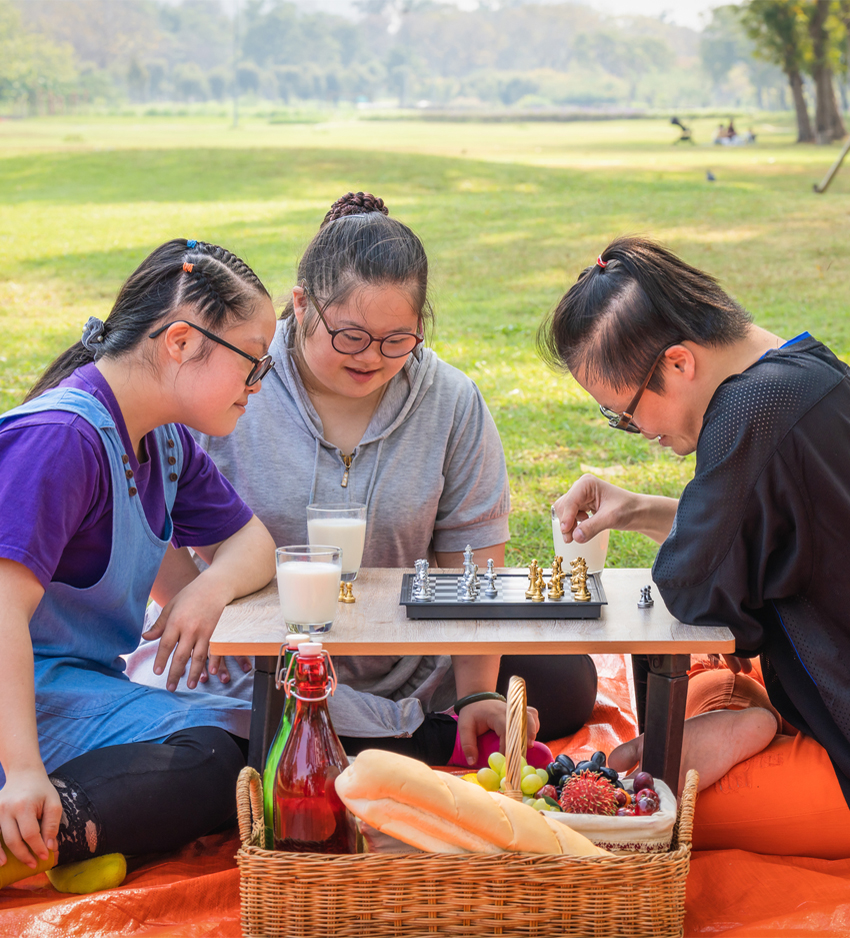What is STA?
STA stands for Short-Term Accommodation under the NDIS (National Disability Insurance Scheme). It provides temporary support for participants who need a short break from their usual living arrangements or care routine. STA offers a variety of options, such as respite care, where participants can stay in a different environment for a short period, typically ranging from a few days to up to 14 days at a time.
We help you make the most of your STA

What Is STA?
Short Term Accommodation (STA), including respite, is a funding support provided to NDIS Participants who need accommodations away from their usual home for a short period of time. STA is designed to give participants a chance to relax, recharge, and experience new activities, while also providing their primary caregivers a break. It can also be used to support participants in developing new skills or participating in community activities. The goal of STA is to enhance independence, offer flexibility, and improve the overall quality of life for NDIS participants.
Here are some key points about STA:
Purpose
STA allows participants to have a break and change of scenery. It provides an opportunity to try new things and develop new skills amongst the community.
Duration
STA covers stays of up to 14 days at one time, however a participant may use up to 28 STA days within a 12 month period.
Funding Coverage
The NDIS funding for STA includes all expenses within a 24-hour period. This may cover accommodation, personal care, food, and other services agreed upon by the participant and STA Haven.
STA Haven Inclusions
Our Short Term Accommodation model is an innovative STA model allowing NDIS Participants more flexibility to enjoy a rewarding experience of STA within their existing NDIS budgets and capacity.
Informal support, on the other hand, involves assistance from family members, friends, or community networks. These informal support networks play a crucial role in the lives of individuals with disabilities, providing emotional support, companionship, and practical assistance with day-to-day tasks. Incorporating informal support into your STA model recognises the importance of these relationships and encourages their involvement in the participant’s accommodation experience.
In summary, integrating formal and informal support within your STA model creates a holistic approach that addresses the diverse needs of NDIS participants, promotes social connections, and enhances their overall satisfaction with the accommodation experience.
Informal supports, such as assistance from family members or friends, often come at little to no financial cost compared to professional services. By leveraging these existing relationships and networks, you can reduce the need for expensive professional support, thus lowering overall costs associated with the STA model.
Informal supports not only reduces costs but also enhances the overall efficiency and sustainability of your STA model. By tapping into existing relationships and networks within participants’ communities, you can maximize the impact of your funding while still providing high-quality support and care.
If choosing to engage formal support, STA Haven encourage participants to negotiate rates with their support services, then providing a quote to be included in their STA package agreement . This approach can bring clarity and transparency to the support process, ensuring that both parties understand the financial expectations involved. It also allows participants to have a say in determining the cost of the support they receive, which can foster a sense of empowerment and ownership over their support arrangements. Formal support refers to professional services provided by trained staff or organisations. This might include support workers, medical professionals, therapists, or other professionals who offer specialised assistance. Integrating formal support into your STA model ensures that participants have access to the expertise and assistance they require to meet their specific needs. This can include assistance with personal care, medication management, therapy sessions, and any other professional services needed to support the participants’ well-being.
Accommodation
Apartment style accommodation, fully self contained with kitchen and laundry facilities or hotel style depending on Participants’ preferences/requirement.
